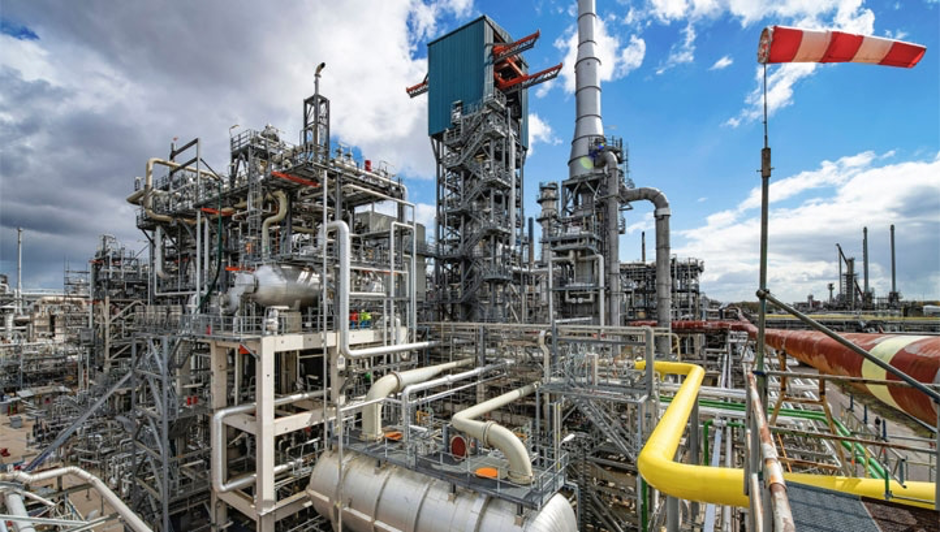Sustained high energy prices are deterring spending by large and small companies on recruitment, training and investment in productivity upgrades, research commissioned by multinationational engineers ABB has found.
A full 92% of firms large and small worldwide report that expensive electricity & gas threaten their competitiveness & profitability, according to answers from 2,300 companies.
Stripping carbon out of operations & greening the enterprise has taken a back seat as managers rush to control short-term costs, the international survey found.
34% have suffered lower profit margins, and nearly 20% have reduced output & cancelled staff hires, the survey found. 14% have planned or enacted job cuts.
There’s one silver lining, though. The drive towards energy self-sufficiency has seen more firms maximising on-site generation & efficiency.
Looking to the near future, a fifth of firms say post-Covid surges in power bills is delaying launches of new products, or harming technical support for existing output.
One firm in eight is pondering moving production to countries with lower energy costs. Though not named in the survey, renewables-rich destinations like Portugal or Norway offer European possibilities here.
ABB’s Electrification division sponsored the research. Its president Morten Wierod said volatility in energy costs threatens to put back the necessary switch to electricity by half of the world’s transport, buildings and industry by 2050.
“We can’t stand by as this happens”, writes Wierod. “The world is counting on industry, which accounts for more than half of total greenhouse gas emissions, to deliver on climate change commitments. As leaders, we collectively need to step up to that challenge”.
On-site generation and power storage, and more energy audits are among solutions ABB recommends, while power costs stay high.
- UK staff in energy utilities are the least happy among workers in 29 British industrial sectors, a separate study has found.
Pollsters Reboot Online probed 2,500 British staff on their work’s effects on factors including their career prospects, salary, empowerment, work culture and mental health.
Lab workers and pharmaceutical scientists emerged happiest, ahead of creatives in design and performance. Utility engineers came bottom, behind call centre workers and sales staff. Less than 3% of British energy workers feel good about the recognition their employer gives them.
Polling boss Shai Aharony stressed the need to build workplace cultures which value workers. Hers does so by means including giving staff five days pay for a four-day week. Increased productivity and heightened happiness have resulted, Reboot Online has found.




